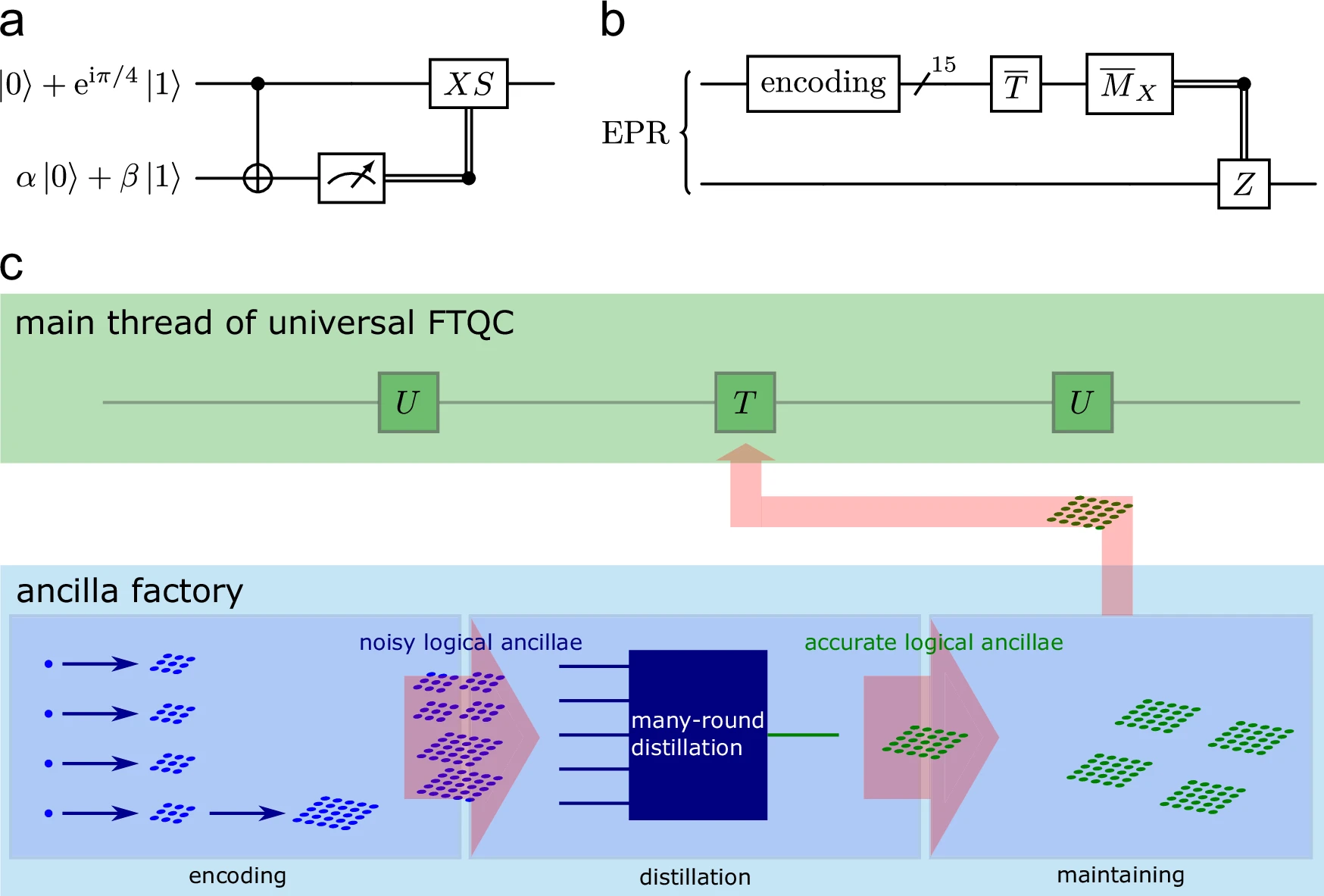To achieve scalable universal quantum computing, scientists need to implement a universal set of logical gates fault-tolerantly, for which the main difficulty lies with non-Clifford gates.
Researchers have demonstrated that several characteristic features of the reconfigurable atom array platform are inherently well-suited for addressing this key challenge, potentially leading to significant advantages in fidelity and efficiency.
Specifically, they have considered a series of different strategies, including magic state distillation, concatenated code array, and fault-tolerant logical multi-controlled-Z gates, leveraging key platform features such as nonlocal connectivity, parallel gate action, collective mobility, and native multi-controlled-Z gates.
This analysis provides valuable insights into the efficient experimental realization of logical gates, serving as a guide for the full-cycle demonstration of fault-tolerant quantum computation with reconfigurable atom arrays.
npj Quantum Information, Published online: 31 December 2024; doi:10.1038/s41534-024-00945-3


